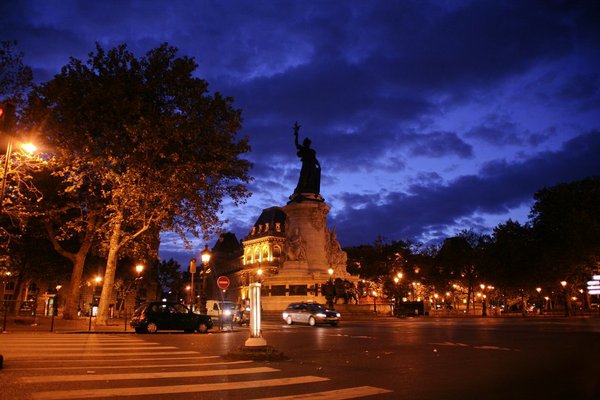Dee Hall covers an issue vital to our democracy – over zealous prosecutors:
A Wisconsin State Journal investigation, however, found instances in which court records and transcripts back up his critics’ claims that he has crossed ethical lines. Stretching back to the early 1990s, Humphrey has been the subject of criticism accusing him of ethical lapses, poor judgment and unreasonably aggressive tactics. Critics have included defendants, defense attorneys, judges and three of the four district attorneys who’ve supervised him.
The State Journal examined more than 2,000 pages of documents, including records from Humphrey’s office files obtained under the open-records law. The newspaper also interviewed more than two dozen attorneys, judges, defendants, legal experts and law-enforcement officials.
The newspaper’s investigation found that the veteran prosecutor:
— Wrongfully kept a young man in the Dane County Jail for a month, even after he was repeatedly notified of the error.
— Made false or misleading statements in affidavits, in correspondence and in court hearings to advance his case or to cover up mistakes.
— Charged two witnesses and had a third arrested for failing to show up for trials that had been cancelled — a tactic his boss had warned him was “an abuse of your authority.”
— Aggressively pursued seven felony charges against a bankrupt father who was $2,846 behind in child support — a prosecution the judge said should “make one wonder about the integrity of (the) justice system.”
— Twice pursued vehicular-homicide charges using speed estimates his own experts told him were inflated.
One of those cases was Humphrey’s failed prosecution of Adam Raisbeck, a 17-year-old from Marshall. Humphrey’s actions in the case prompted a blunt reprimand from his boss, and the misconduct findings that are headed to the Supreme Court.
US District Judge Lewis Kaplan recently expressed concern over “prosecutor’s expansive power”.


